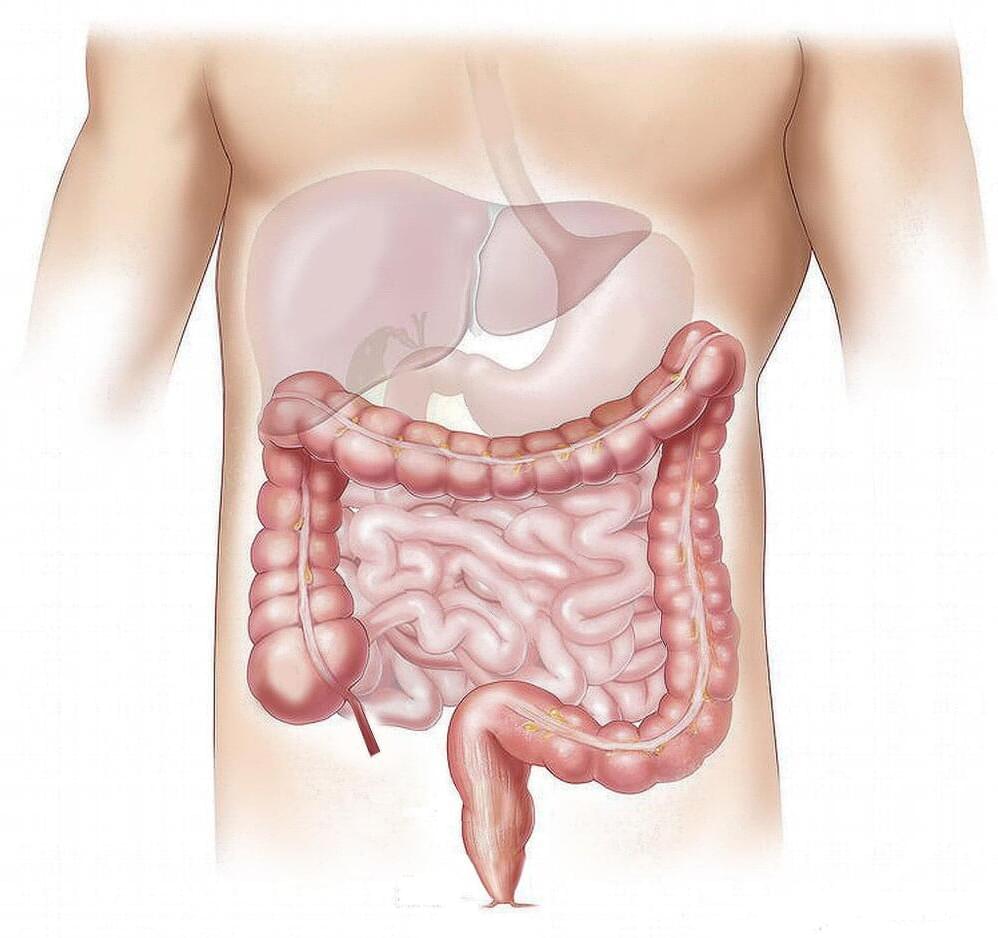Psyllium fiber protects against ulcerative colitis and suppresses inflammation by activating the bile acid nuclear receptor, a mechanism that was previously unrecognized, according to a new study by researchers in the Institute for Biomedical Sciences at Georgia State University.
The findings published in the journal Cellular and Molecular Gastroenterology and Hepatology (CMGH) reveal that psyllium, which is semi-soluble and derived from Plantago seeds, inhibits inflammation that can lead to colitis in mice by increasing serum bile acids, resulting in the activation of the farnesoid X receptor (FXR), a bile acid nuclear receptor.
Fiber-rich foods promote intestinal and metabolic health, but the extent of protection varies for each fiber type and the mechanisms that offer this protection are poorly defined. It has been unclear whether dietary fiber can benefit severe forms of intestinal inflammation, such as Crohn’s disease and ulcerative colitis, which are collectively known as inflammatory bowel disease (IBD) and affect 3 million adults in the United States.










Leave a reply